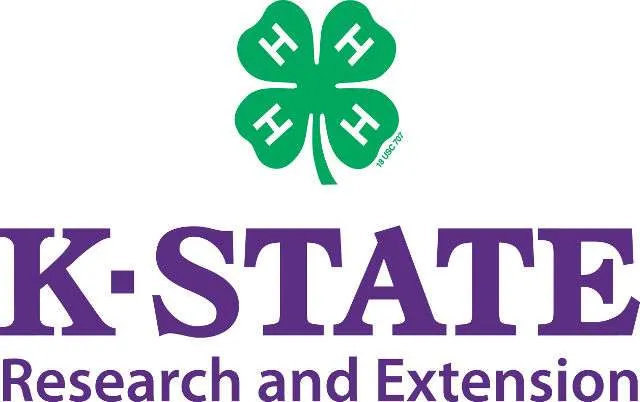State event is also open to FFA members, organizers say
MANHATTAN, Kan. – Driving Interstate 70 from Kansas City to the Colorado border, travelers experience Kansas’ ecological diversity first-hand. The terrain rolls from an eastern deciduous forest in the east, to a tallgrass and mixed grass prairie in the central section, and shortgrass prairie in the west.
Not so evident is the differing wildlife common to each region.
Drew Ricketts, a wildlife management specialist with K-State Research and Extension, said maintaining habitat for Kansas wildlife doesn’t happen by chance. Each region requires specific habitat improvement practices to make the land suitable for wildlife survival.
Rickets is one of the leaders of the state’s Wildlife Habitat Education Program, a contest that is open to Kansas 4-H members and will take place May 5 at the Woodson Wildlife Area near Yates Center. Participants will have an opportunity to qualify for the national contest slated for this summer.
“One of the things I really like about WHEP is it’s introducing a lot of the concepts that we teach college students in a wildlife management program,” said Ricketts, who participated in the contest when he was in high school. “There were a lot of things that my counterparts in college were learning for the first time that were just review for me because I had participated in this program.”
WHEP is designed to teach youth about the habitat requirements of species that are representative of an eco-region. Kansas has its three distinct regions, but other states may be teaching about habitat in desert, coastal, urban, wetlands, pine or savannah environments, among others.
“4-H offers this wildlife project for members as a crossover into shooting sports, called hunting skills,” said Shannon Rogge, a Kansas 4-H Youth Development specialist. “In the bigger picture, it provides baseline habitat management for kids that are often times interested in fishing tournaments or hunting to learn more about evaluating the habitat that they’re in.”
Ricketts said youth learn about wildlife common to eco-regions, and how to “manipulate habitat through a disturbance, such as a prescribed fire.”
“Then they will evaluate a property for a specific species using the knowledge they’ve gain and make recommendations for habitat improvement practices that would set the property up to be good habitat for each of those species.”
Ricketts said the state contest is also open to FFA members. High school age participants may be able to qualify for the national contest.
“There are team events and individual events; part of the contest revolves around identification and wildlife trivia,” he said. “Then, we have wildlife management practices, an individual event where participants have a matrix that they use to evaluate the habitat for several species, along with various management practices. They’re taken to a site, where they evaluate each species and recommend which of the practices are appropriate.”
In the team contests, participants evaluate a site to identify deficiencies in the habitat, and make recommendations for what practices should be implemented. Then, they must defend their decisions before judges.
Thus, the contests “incorporate the communication skills that they learn through 4-H,” Rogge said.
Registration for the Kansas contest is available online from the Kansas 4-H Youth Development program, or by visiting local extension offices in Kansas. The deadline to register for the early May contest is April 25.
-30-
K-State Research and Extension is a short name for the Kansas State University Agricultural Experiment Station and Cooperative Extension Service, a program designed to generate and distribute useful knowledge for the well-being of Kansans. Supported by county, state, federal and private funds, the program has county extension offices, experiment fields, area extension offices and regional research centers statewide. Its headquarters is on the K-State campus in Manhattan. For more information, visit www.ksre.ksu.edu. K-State Research and Extension is an equal opportunity provider and employer.
Story by:
Pat Melgares
785-532-1160
[email protected]
More information:
Drew Ricketts
785-532-1949
[email protected]
Shannon Rogge
785-532-5800
[email protected]



